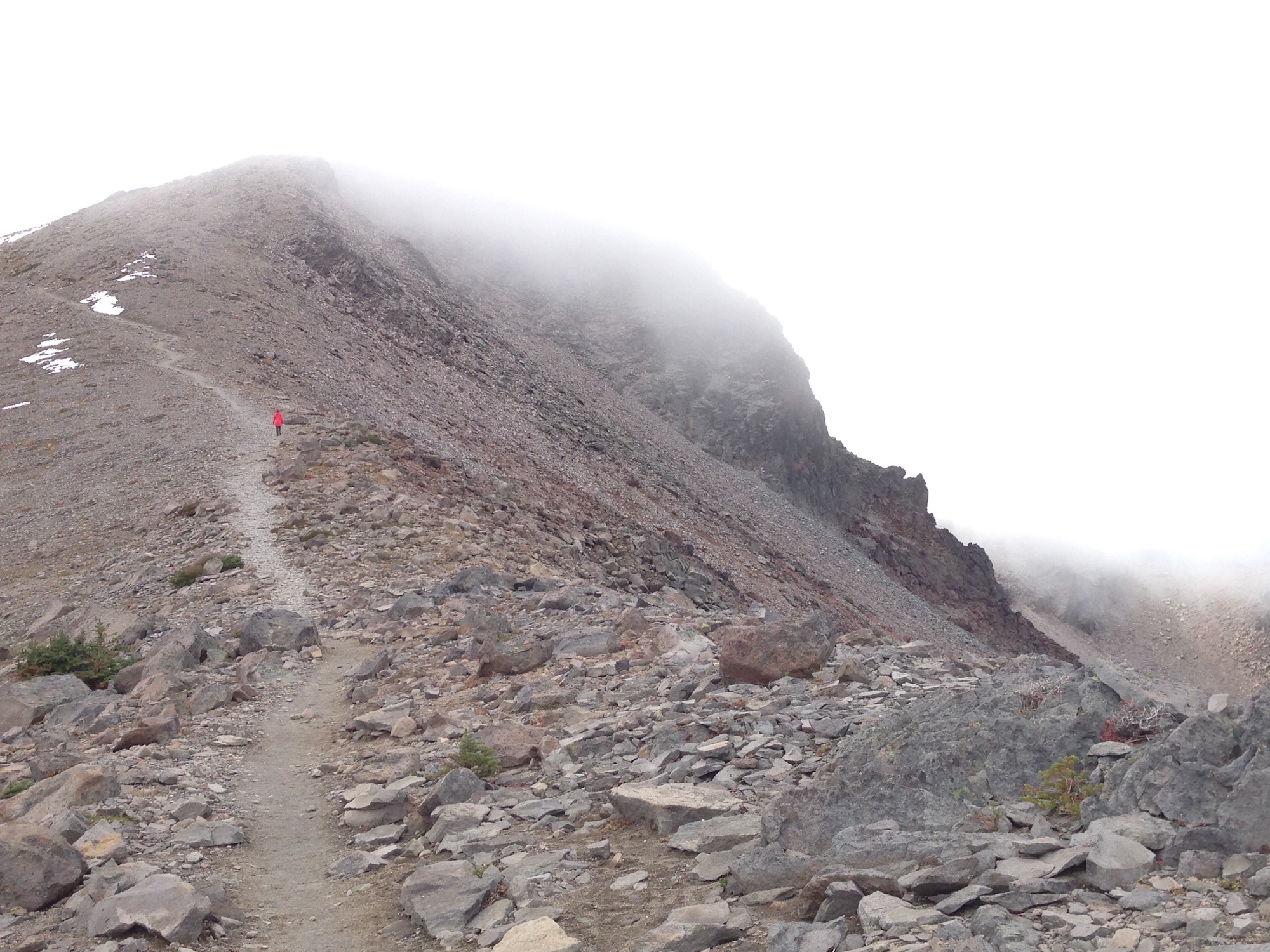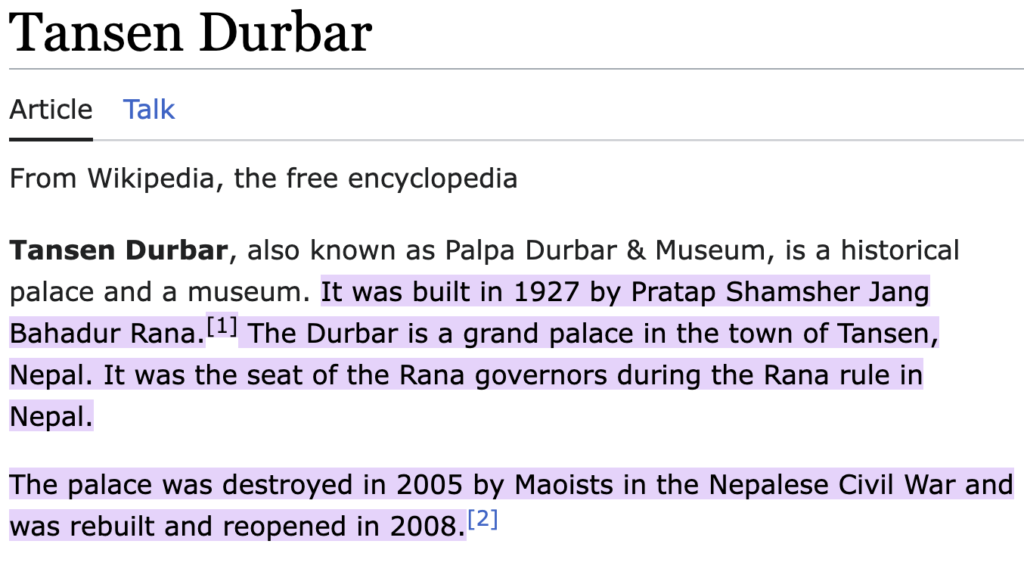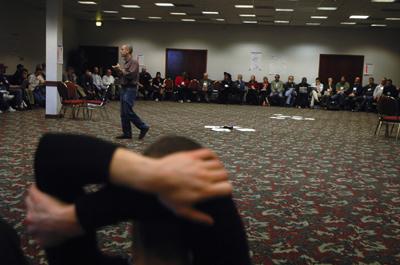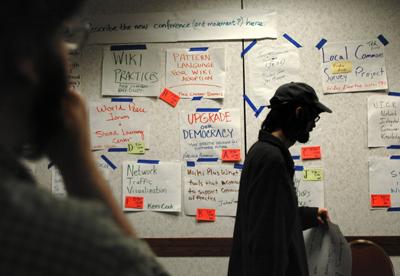Chris Corrigan and I have been refining our thinking and language for open space leadership. We have it down to four inter-informing and inter-supporting practices: Appreciating, Inviting, Supporting and Making Good.
While the practices themselves are each quite whole and robust, tolerant of description but not of disecting, that’s not actually how it is when we try to practice them as bodies. Incarnation is more discrete. On and off, in or out, dead or alive, male or female. More or less. Appreciating, Inviting, Supporting and Making Good.
So it occurs to me that naming their opposites, daring to notice their dual nature, one might say… could be helpful. Here are my proposals:
- Analyzing, the opposite of Appreciating;
- Protecting, the opposite of Inviting;
- Fixing, the opposite of Supporting; and
- Wasting, the opposite of Making Good.
These four meet two criteria for me. First, they are sort of obvious literal opposites of our four practices. More importantly, I have some felt sense of what each actually feels like. I can feel when I am doing them. This matters, because it means that I can feel when I’m not doing them. It’s great to notice when I am practicing well, but perhaps more important to be able to notice when I’m losing my way.
I can hear them, too, in the language of colleagues and clients. I know Appreciation gets things moving and I can hear others talk about the “paralysis of analysis.” I know that when people resist using Open Space Technology, they often explain their resistance in terms of protecting others. Or they attempt “modified open space” and speak explicity about fixing and improving the experience of their colleagues. And I hear people decrying business as usual as a waste of time, waste of money, and wasted chances to do good. So these are things I find in the territory, not theories I’m making up out of nothing.
I should add that it’s not that we should stop doing these opposite things altogether, but rather be more conscious of our habits, assumptions, and balance about these things. These opposites have their place and value. And they are all very well supported in western, industrial cultures. The new practices are not. So it’s the balance we need to reconsider, each of us personally, consciously, actively.
These four words aren’t magic, any more than the last four were magic — and I haven’t worked out the all the details. But somehow the marriage of these opposites, the rebalancing, or mutuality of them, allows us to handle in local, personal ways the enormity of what Dave Pollard and author Derrick Jensen are talking about?
Thoughts?




